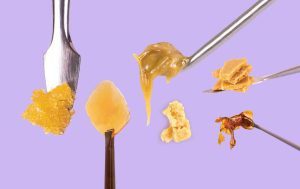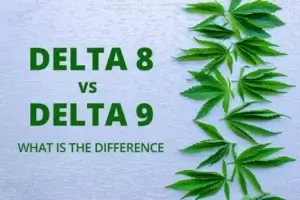Cannabis in Venezuela, Venezuela, a land rich with natural beauty, characterized by towering Andean peaks, Caribbean coastlines, and expansive grasslands, paints a complex picture when it comes to cannabis. Its narrative is embroidered with threads from the past, the present, and an unpredictable future.
The Origins and Historical Context: Cannabis in Venezuela
Cannabis, locally referred to as ‘marijuana,’ entered the country possibly via ancient trade routes from South and Central America. Its use was primarily recreational among the populace, and its cultural significance was minimal compared to other psychoactive substances used by the indigenous groups for rituals and medicinal purposes. This limited use can be attributed to the dominant Catholic faith and societal norms that frown upon mind-altering substances.
The Current Landscape: Cannabis Laws and Societal Perceptions
In contemporary Venezuela, cannabis is classified as an illegal substance. The law prohibits the cultivation, sale, possession, and use of cannabis, imposing stringent penalties for those found guilty of these offenses. Penalties can range from fines to jail time, with the severity often based on the nature of the offense.
However, this legal standpoint doesn’t entirely reflect the societal nuances. Like many other countries, there’s a divide between official policy and public sentiment. While the law strictly forbids cannabis, an undercurrent of its use flows quietly through society. Fueled by socioeconomic challenges and political turmoil, an underground market for cannabis persists.
The societal perception of cannabis mirrors this dichotomy. Although generally viewed as a societal ill, it is tacitly acknowledged as a part of the underground culture. This has resulted in a passive acceptance of cannabis in certain social circles.
Glimpses of the Future: What Lies Ahead for Cannabis in Venezuela?
The future of cannabis in Venezuela, much like its current political and economic situation, is fraught with uncertainty. The stringent laws stand steadfast while conversations around potential reform remain largely muted. This is primarily due to more pressing issues taking precedence, such as political instability, economic crisis, and social unrest.
However, the global shift towards more liberal cannabis policies, especially in neighboring Latin American countries, is not entirely lost on Venezuela. An undercurrent of debate around the potential medicinal benefits of cannabis and possible decriminalization has begun to stir. Although this discourse is at a preliminary stage, it represents a potential future direction in the Venezuelan cannabis narrative.
Venezuela’s story of cannabis is an intricate web of historical practices, present realities, and potential future pathways. It reflects the broader complexities of the country itself, a land grappling with socioeconomic turbulence and political instability. As Venezuela charts its future course amidst a changing global landscape, the narrative of cannabis will continue to evolve, offering further insights into the intricate relationship between societal norms, political realities, and drug policy. The journey ahead promises to add new, nuanced chapters to the worldwide discourse on cannabis.






